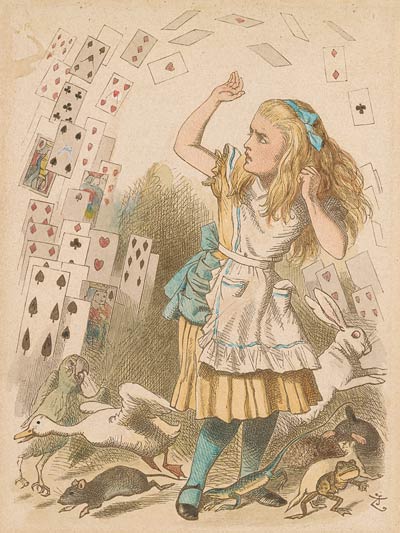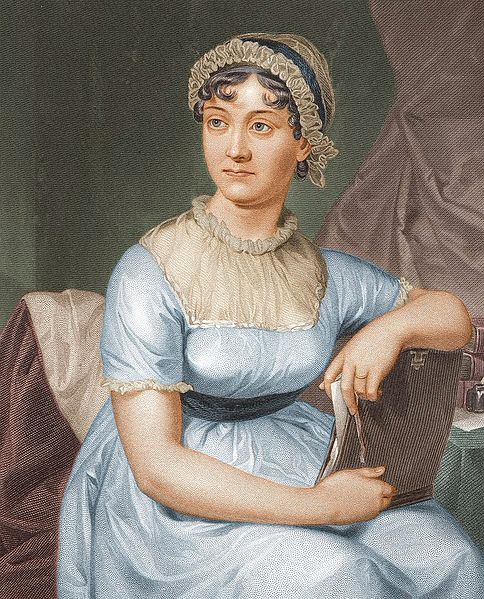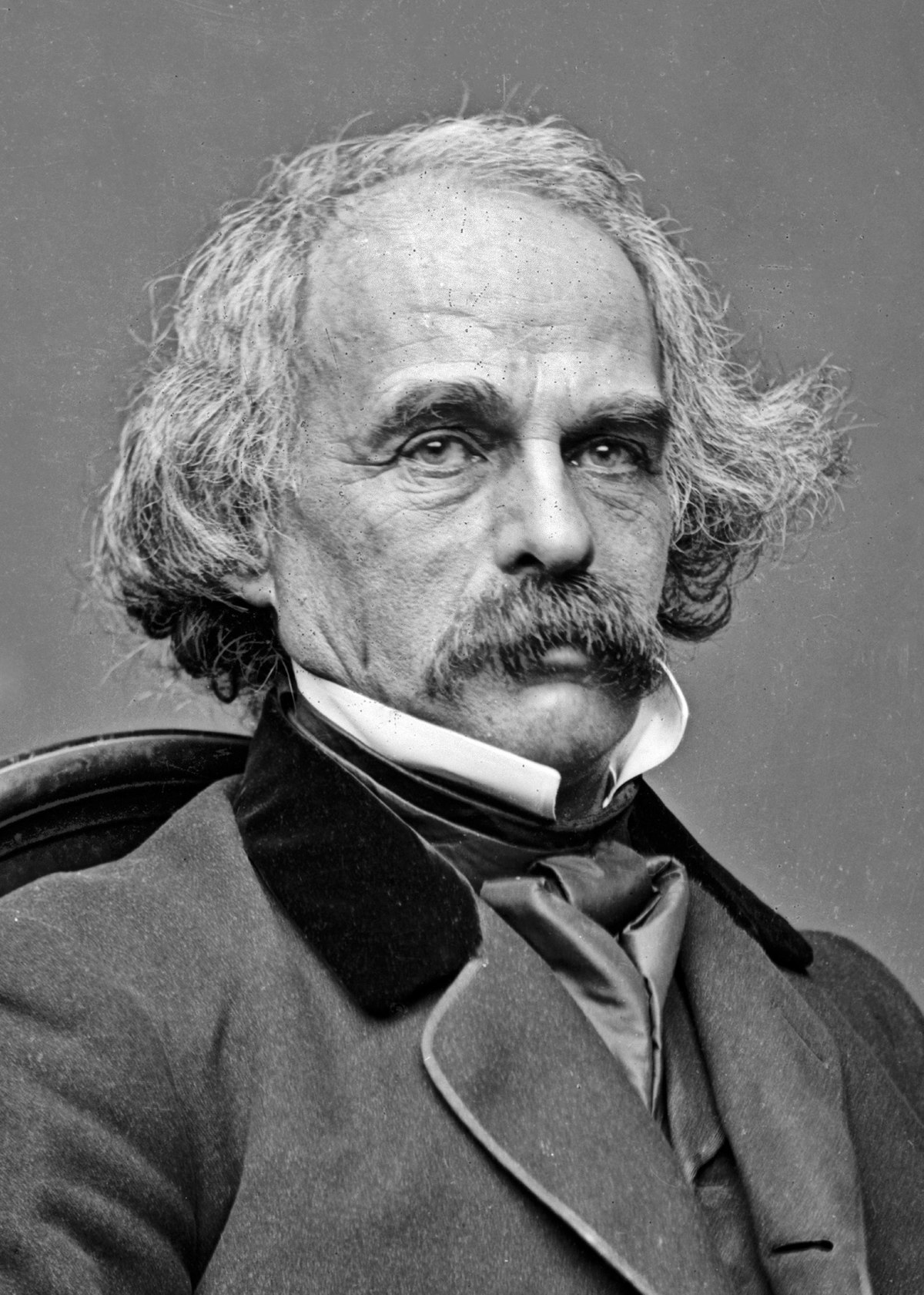William J. Long,
English Literature
This site provides free vocabulary and reading comprehension worksheets.
Each worksheet, suitable for middle school, high school and college level students,
includes a short reading, five vocabulary words to define,
sentence completion exercises, and two questions to answer.
The worksheets may be used for differentiated instruction and home learning.
One question tests literal comprehension, and one question asks the student to think critically.
If you are undecided about buying the ebook, please take a look at a free
sample.
Not all of the worksheets contain everything, but they contain enough to
make your work as a teacher (or a parent) easier.
I am developing the site and more worksheets, tests, and answer keys
will be developed.
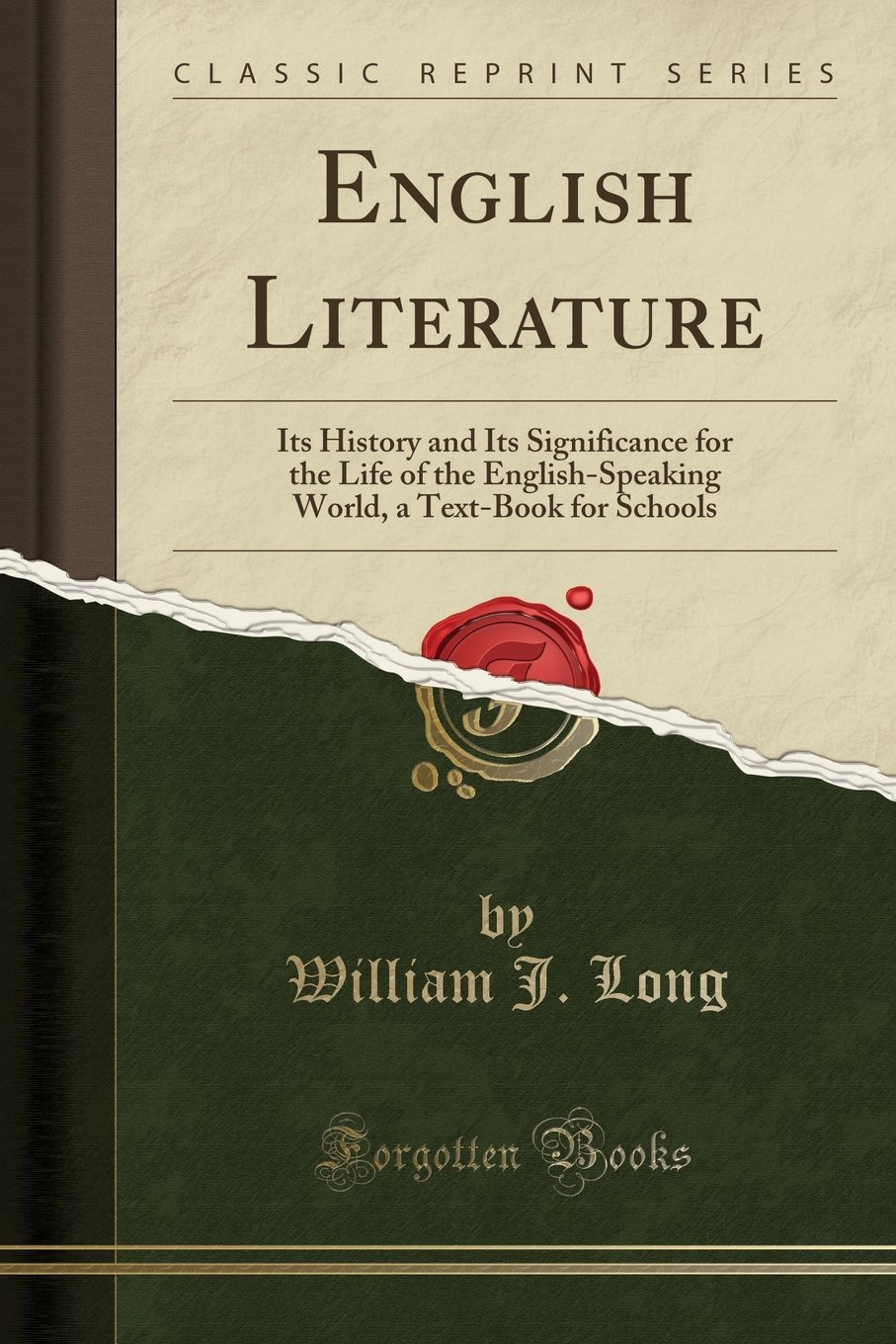
Free PDF File Suitable for Classroom Use
The worksheet is one sheet front and back. It is suitable for classroom use and freely reproducible.
William J. Long. From English Literature: Its History and Significance -- From the Preface
To those who may use this book in their homes or in their class rooms, the writer ventures to offer one or two friendly suggestions out of his own experience as a teacher of young people. First, the amount of space here given to different periods and authors is not an index of the relative amount of time to be spent upon the different subjects. Thus, to tell the story of Spenser's life and ideals requires as much space as to tell the story of Tennyson; but the average class will spend its time more pleasantly and profitably with the latter poet than with the former. Second, many authors who are and ought to be included in this history need not be studied in the class room. A textbook is not a catechism but a storehouse, in which one finds what he wants, and some good things beside. Few classes will find time to study Blake or Newman, for instance; but in nearly every class there will be found one or two students who are attracted by the mysticism of Blake or by the profound spirituality of Newman. Such students should be encouraged to follow their own spirits, and to share with their classmates the joy of their discoveries. And they should find in their textbook the material for their own study and reading.
A third suggestion relates to the method of teaching literature; and here it might be well to consider the word of a great poet, -- that if you would know where the ripest cherries are, ask the boys and the blackbirds. It is surprising how much a young person will get out of the Merchant of Venice, and somehow arrive at Shakespeare's opinion of Shylock and Portia, if we do not bother him too much with notes and critical directions as to what he ought to seek and find. Turn a child and a donkey loose in the same field, and the child heads straight for the beautiful spots where brooks are running and birds singing, while the donkey turns as naturally to weeds and thistles. In our study of literature we have perhaps too much sympathy with the latter, and we even insist that the child come back from his own quest of the ideal to join us in our critical companionship. In reading many textbooks of late, and in visiting many classrooms, the writer has received the impression that we lay too much stress on second-hand criticism, passed down from book to book; and we set our pupils to searching for figures of speech and elements of style, as if the great books of the world were subject to chemical analysis. This seems to be a mistake, for two reasons: first, the average young person has no natural interest in such matters; and second, he is unable to appreciate them. He feels unconsciously with Chaucer:
And as for me, though that my wit be lyte,
On bookes for to rede I me delyte.
Define Each Word
- venture
- catechism
- mysticism
- thistles
- analysis
Write the Correct Word from the Vocabulary
- Green ____________________ stuck to George's socks as he hiked through the woods.
- Because Emily would not ______________________ far from her home, she never discovered the joy of traveling.
- The fortune teller's prediction was shrouded in a veil of ______________________ and intrigue, vaguely alluding to some evil that would occur.
- The forensic scientist called for a thorough ____________________ of the unknown powder.
- Robert learned Ted Williams's advice on hitting a baseball as if he were memorizing his ________________________ .
Comprehension and Discussion: Answer Each Question in Complete Sentences
- 1. How does Long define "a textbook"? What does he mean by this definition (paraphrase)?
- 2. What is "second-hand criticism"? What do you think Long means when he writes that teachers sometimes "lay too much stress on second-hand criticism"?
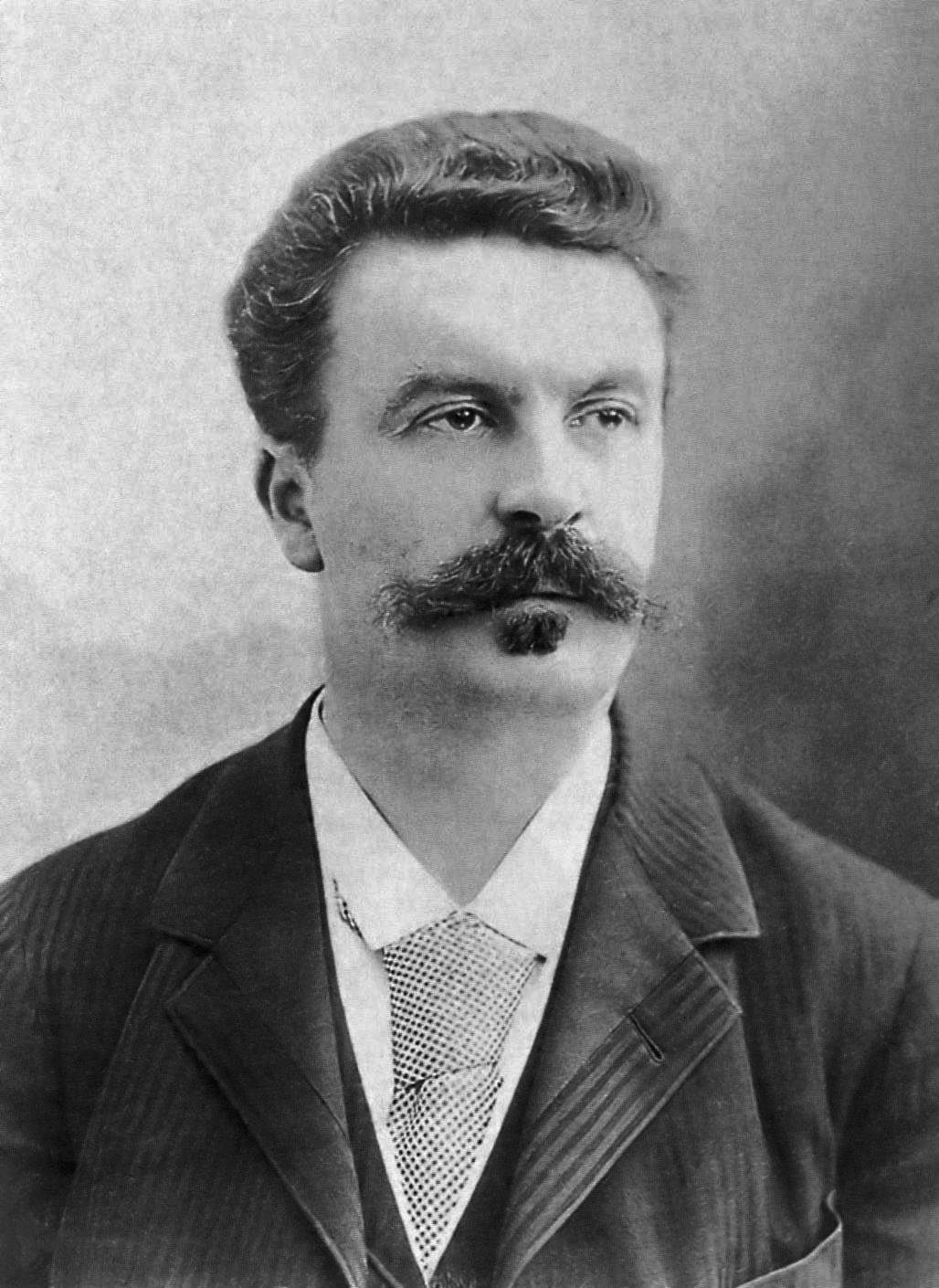
"The Necklace" by Guy de Maupassant
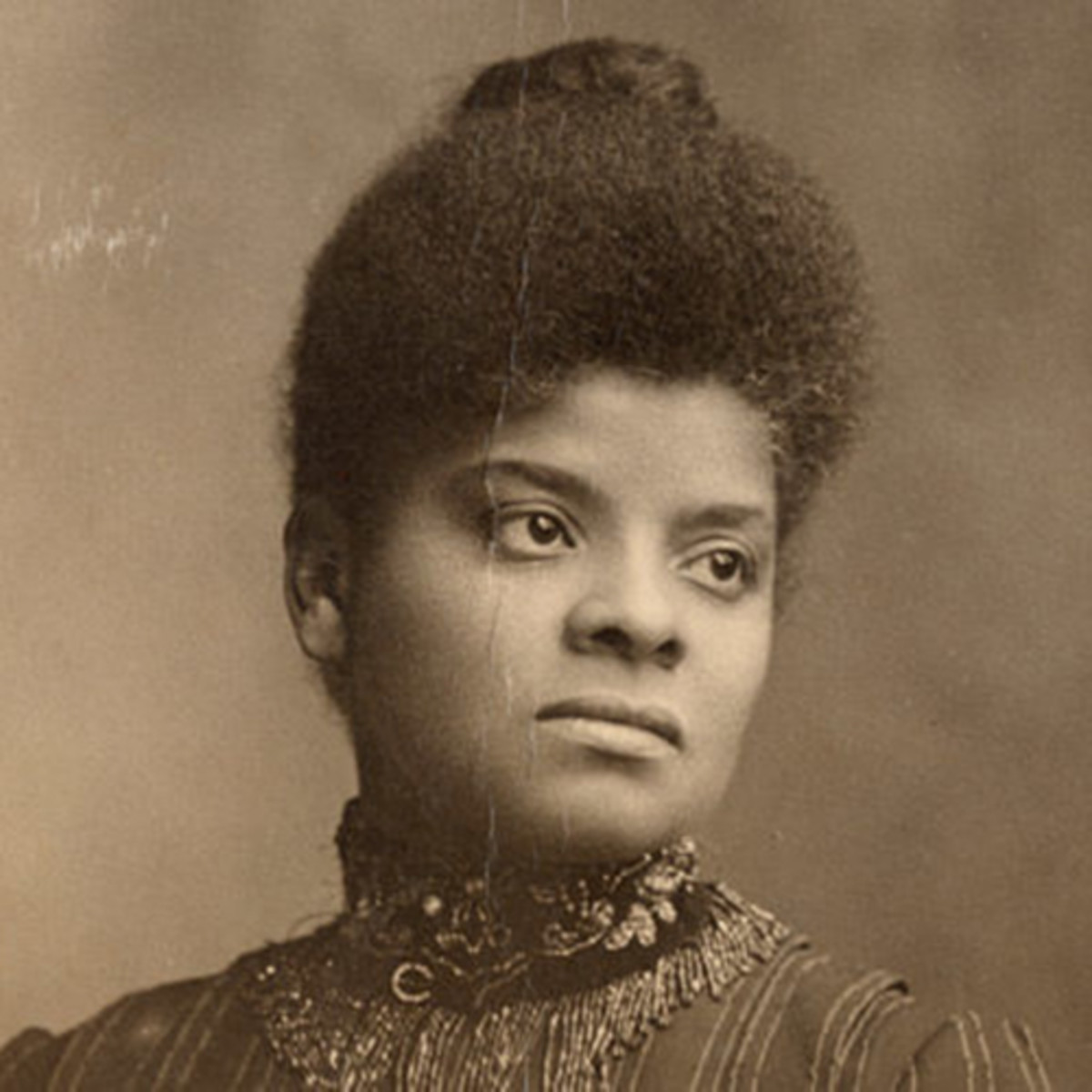
"Southern Horrors: Lynch Laws" by Ida B. Wells
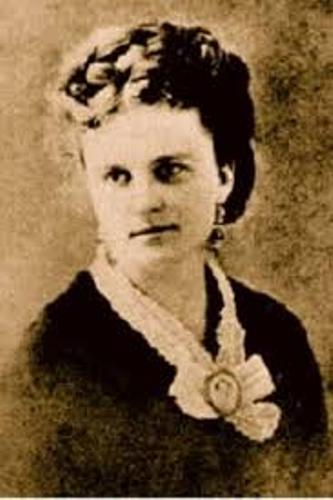
From The Awakening by Kate Chopin
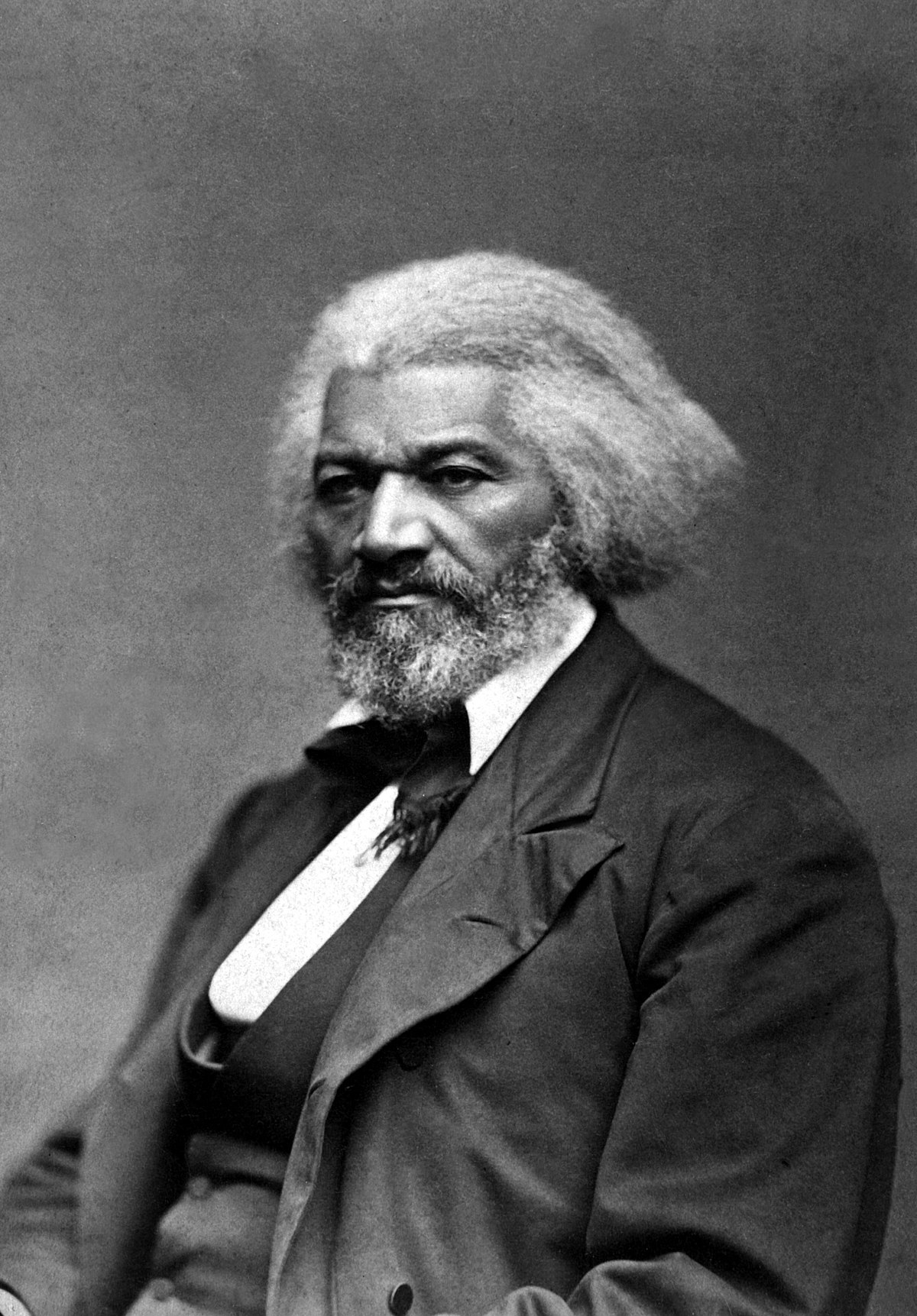
Narrative, From Chapter 1, by Frederick Douglass
I hope you found what you needed.
Proverbs 18:15
"The mind of the prudent acquires knowledge, And the ear of the wise seeks knowledge."





